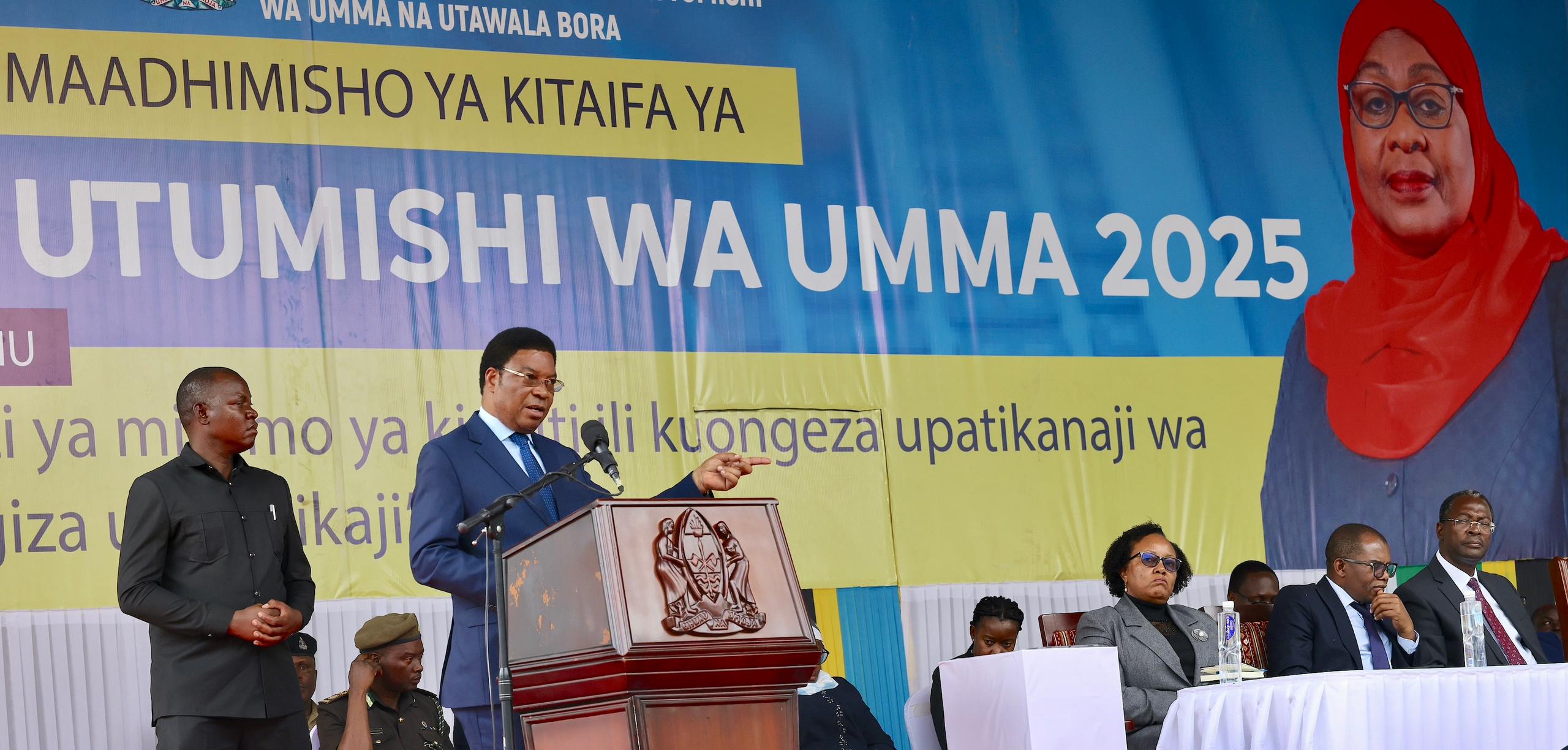Dar es Salaam. Tanzania has officially gazetted the Foreign Exchange Use Regulations, 2025 rendering them legally binding and compelling the exclusive use of the Tanzanian shilling for all domestic transactions.
Published under Government Notice No. 198 of 2025 by the Minister of Finance, the regulations came into effect on March 28, 2025.
They apply throughout both mainland Tanzania and Zanzibar, with the express aim of strengthening the local currency and diminishing reliance on foreign currencies within the domestic market.
Key provisions imposed
Under the new regulations, all prices for goods and services offered within Tanzania must be quoted in Tanzanian shillings.
Payments for all domestic transactions must likewise be made in the local currency.
Pricing, advertising or paying for goods and services in any foreign currency is now a punishable offence.
Furthermore, all contracts within Tanzania must be denominated in Tanzanian shillings.
Existing agreements in foreign currency must be amended within one year of the gazettement date, failing which they will be deemed invalid, unless a special extension is granted by the Minister of Finance.
Exemptions and compliance measures outlined
Despite these restrictions, the regulations permit specific transactions to be conducted in foreign currency.
These include: Membership contributions paid by the government to regional and international institutions; Transactions involving embassies and international organisations based in Tanzania; Foreign currency loans issued by licensed commercial banks and financial institutions; and payments for goods purchased in duty-free shops.
Businesses and individuals are now required to review and amend existing contracts, ensure all pricing and payments reflect Tanzanian shillings, and educate relevant stakeholders on the new legal requirements.
Regulatory context and economic implications analysed
The enactment of these regulations aligns with Tanzania’s broader economic strategy to strengthen its local currency and reduce foreign exchange dependency in domestic transactions.
Analysts suggest that this move could enhance the effectiveness of monetary policy by limiting foreign currency circulation within the local economy.
A legal analysis from FB Attorneys highlights that businesses must now fully align with these changes or face legal consequences.
The regulations strictly prohibit foreign currency quotations, even when accompanied by their Tanzanian shilling equivalent.
But the analysis goes on… “the Minister, after consulting with the Governor of the BoT, can add to or reduce the list of transactions allowed to be conducted in foreign currency.”
Auditax International has noted that entities operating in Tanzania must ensure full compliance to avoid potential penalties.
“These regulations will affect businesses and entities in various sectors in Tanzania including real estate, tourism and hospitality, financial institutions, importers and exporters, non-governmental organisations (NGOs), financial institutions etc,” the Auditax analysis reads in part.
The professional services firm advises these entities to undertake various measures to ensure compliance.
“Amend contracts with foreign currency payments and revise pricing structures to Tanzania Shillings Exclude foreign currency quotations from marketing and sales materials,” Auditax says.
Auditax also advises the affected organisations to manage potential exchange risks by monitoring exchange rates and assess financial implications.
“Undertake financial audits to spot non-compliant contracts and transactions and also update accounting and billing systems to process transactions in Tanzania shillings,” Auditax analysis further says.







